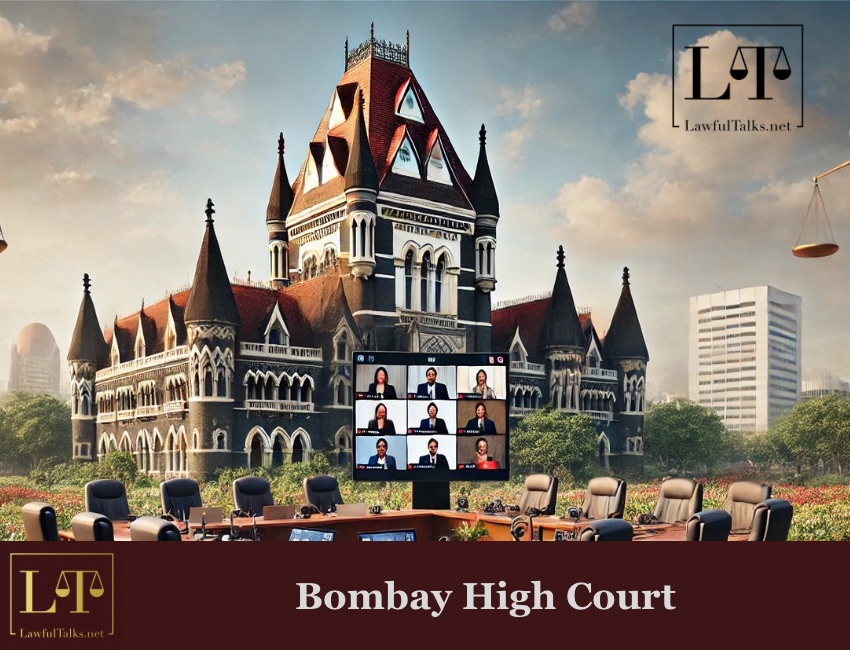Allahabad HC Sets Aside Afzal Ansari's Conviction, Allows Him to Continue as MP

The High Court of Judicature at Bombay, through its notification dated December 19, 2024, announced the enforcement of the "High Court of Bombay Rules for Video Conferencing for Courts 2022" starting December 29, 2024. These rules are applicable to all courts and proceedings across Maharashtra, Goa, and the Union Territories of Daman and Diu and Dadra and Nagar Haveli, including Family Courts, Labour Courts, Co-operative Courts, Industrial Courts, Motor Accident Claims Tribunals, and School Tribunals.

The rules provide detailed definitions, specifying terms like "Court Point," "Remote Point," and "Live Link," to ensure clarity in virtual proceedings. They state that video conferencing can be used at all stages of judicial proceedings and explicitly equate virtual hearings with physical ones. All statutory provisions, including the Indian Evidence Act, and the Information Technology Act, are applicable to proceedings conducted via video conferencing. The rules mandate strict adherence to protocols, including prohibiting unauthorized recording and requiring participants to provide identity proof before hearings.
The infrastructure required for conducting video conferencing is specified in detail, including devices like cameras, microphones, uninterrupted power supplies, and secure internet connections. To facilitate these proceedings, Coordinators are to be appointed at both the Court Point and Remote Point. They are tasked with ensuring the seamless execution of hearings, verifying identities, and preventing unauthorized disruptions. Specific provisions also allow for the examination of witnesses and accused persons through video conferencing, subject to safeguards to prevent coercion or undue influence.
Summons for video conferencing hearings must clearly state the date, time, and location of the Remote Point and provide guidelines for virtual attendance. The rules also outline the process for transmitting documents, ensuring authenticity through digital or physical signatures, and preserving audio-visual recordings of the proceedings as part of the official record.
Privacy considerations are addressed extensively. Witnesses or vulnerable individuals can request privacy measures, and provisions are made for in-camera proceedings when necessary. Public access to virtual hearings is encouraged unless restricted for specific reasons. Furthermore, legal aid initiatives, such as Lok Adalats and Jail Adalats, are included within the framework, allowing their smooth operation through video conferencing.
The rules prescribe procedures for cost allocation, generally placing the burden on the requesting party but allowing courts to waive fees under specific circumstances. Participants must observe strict guidelines, including proper attire, punctuality, and professional behavior, ensuring that the decorum of physical courtrooms is maintained in virtual settings.
The "High Court of Bombay Rules for Video Conferencing for Courts 2022"




















































































































































































































































































































































































































































































































































































































































































































































































































